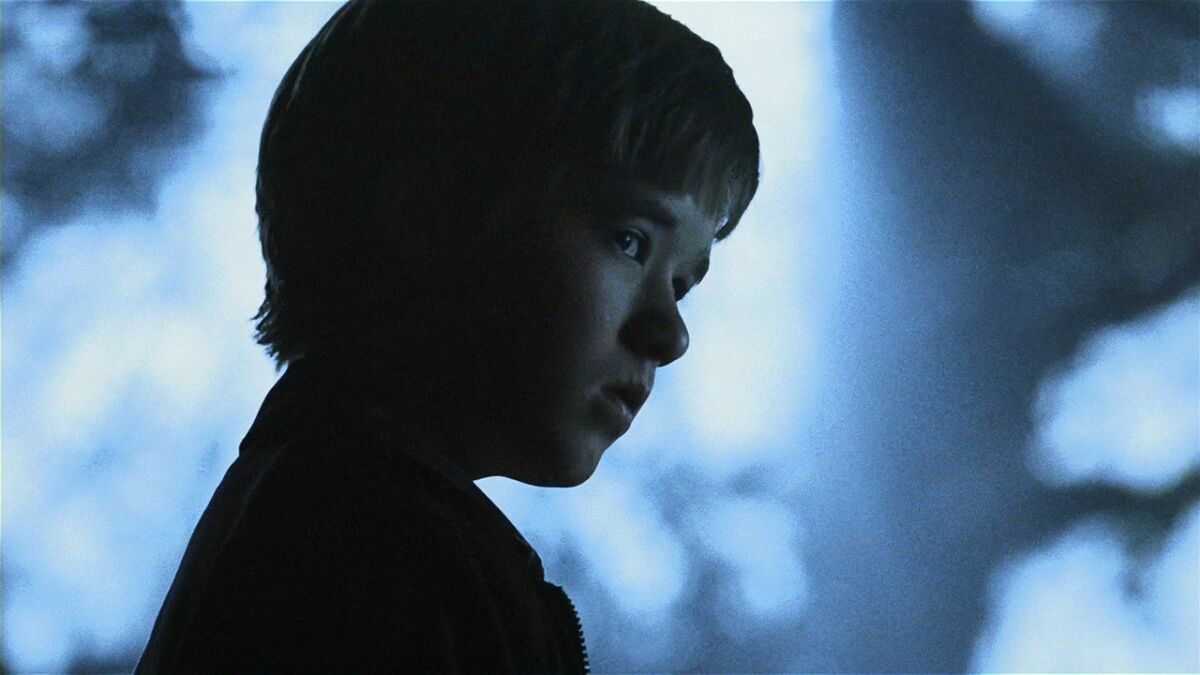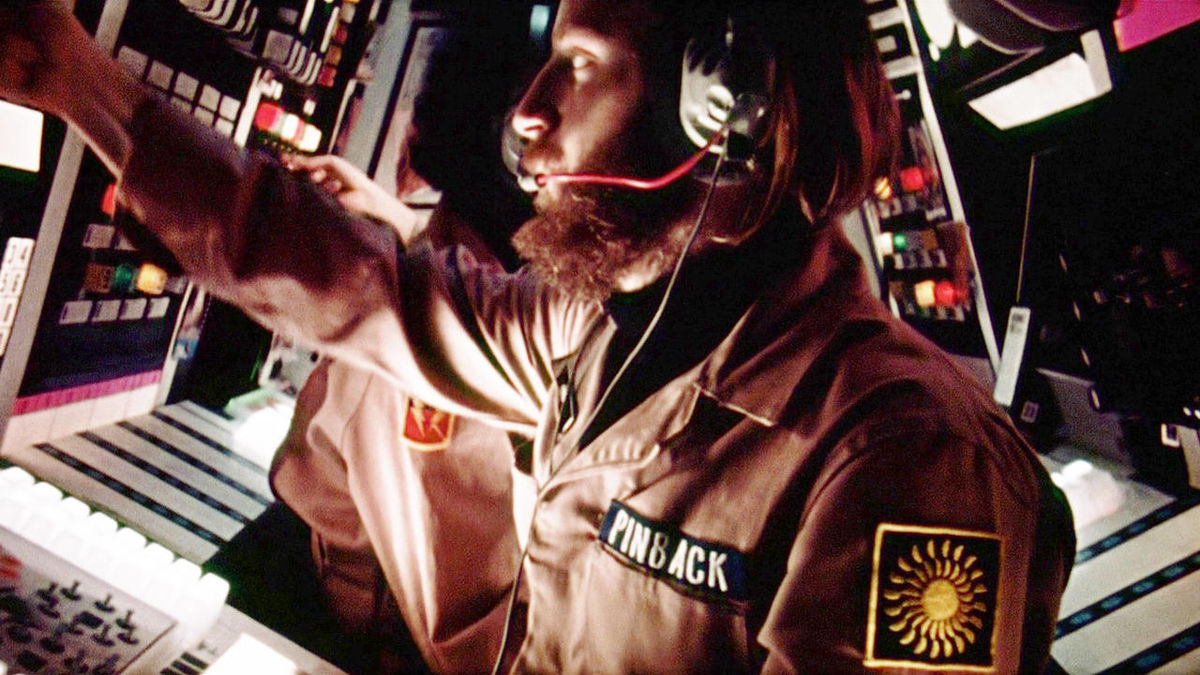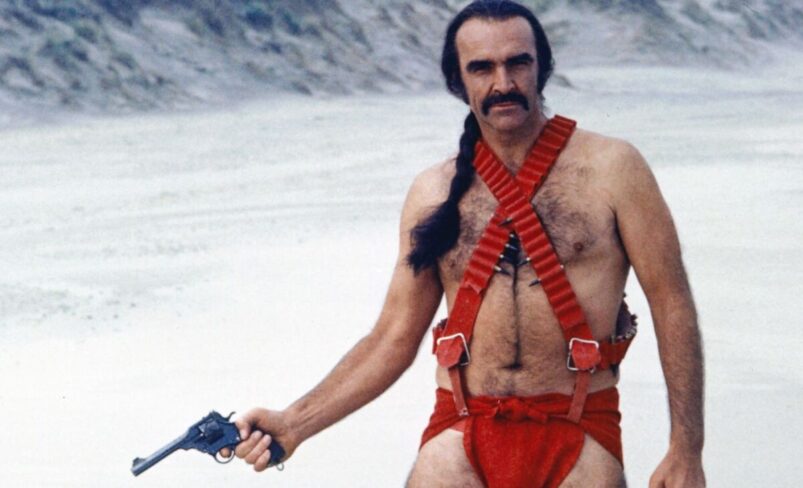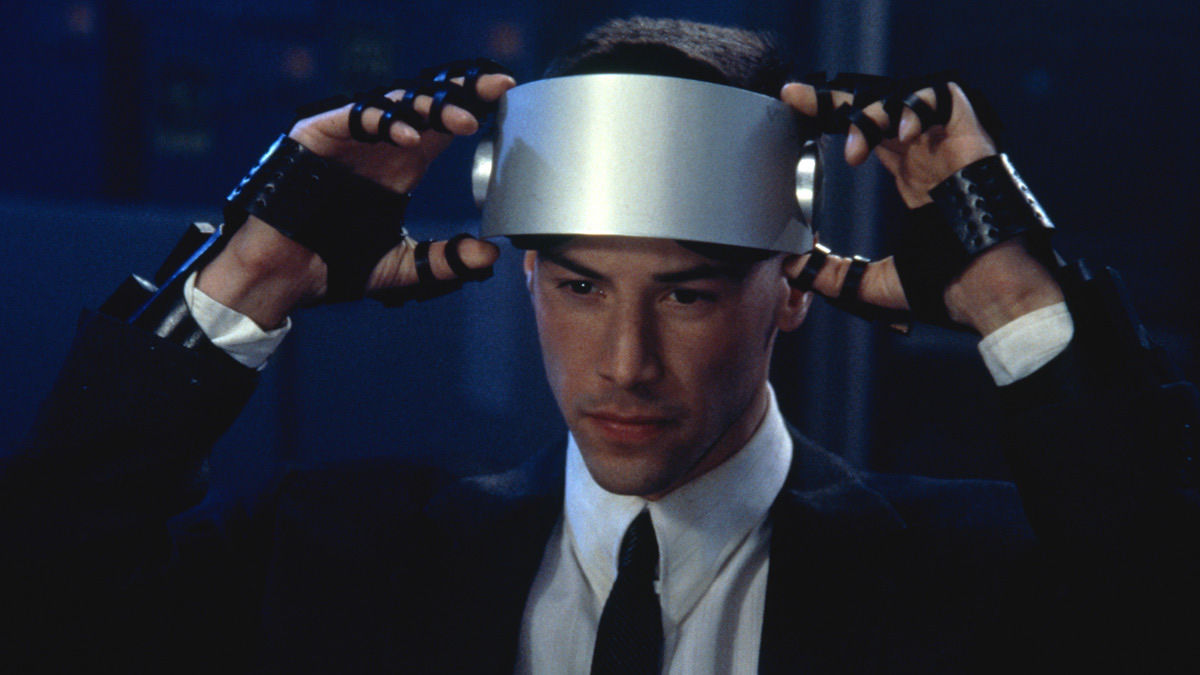Who wants to write about Terminator again anyway? It’s one of the first movies people mention when the topic of AI. comes up, and that’s fair, but it’s also a little bit lazy. There’s a lot of movies about artificial intelligence out there. More than you probably suspect. Certainly, more than I would have ever guessed.
And to be honest, I don’t think Skynet or whatever is going to be the thing that does us in. I do worry there’s a potential perversion of humanity as we define it, but I guess we’ll just have to wait and see. The best Terminator movies are some of the best movies period, but I don’t think they really have a lot to actually say about AI. There’s at least a couple dozen movies that can do a better job, so if you’re hoping to see T2 here for this column on some of the most interesting AI movies I’ve seen, I’m afraid I can’t do that, Dave.
There’s no rhyme or reason to the 5 AI-themed movies we’re covering this month, except that I like them a lot, or at least find them to be a fascinating piece of this longstanding conversation, and I want to pay attention to them. This is not a top 5, so please don’t ask me why XYZ isn’t the best of all time.
1. A.I. Artificial Intelligence (2001)

Director: Steven Spielberg
It’s weird to think that Spielberg’s A.I. is over 20 years old at this point. The film languished in developmental hell for years as a Kubrick project that ultimately never materialized in his lifetime. He gave the project to Spielberg some four years before his death, and Spielberg largely stuck to the script Kubrick would have likely worked from. There’s an almost overwhelming amount of film history attached to A.I. Artificial Intelligence, which some considered an underperformer at the box office. Some critics also felt that Kubrick and Spielberg’s styles just didn’t work together.
Neither of those things are true, as far as I’m concerned. A.I. is an extremely emotional, often bleak science fiction about a childlike android named David, who is given the ability to feel love. It’s relatively optimistic when we compare it to the current state of things in the 2020s, but this film that features Haley Joel Osment’s best performance (sorry, Sixth Sense) is still a fascinating depiction of humanity struggling with technology and with themselves. We can create to our heart’s content, but we’re not particularly good at dealing with the aftermath of our ambition.
There’s a lot more to this movie, which successfully made me cry again when I rewatched it for this column, and it’s one of the most unique collaborations in movie history.
2. Computer Chess (2013)

Director: Andrew Bujalski
Computer Chess is a curious period piece, set at a yearly gathering of computer nerds and other weird dorks (we say this with affection) in a hotel in California. The main point that brings everyone together is to see who has the computer program that will beat anyone or anything at chess.
The movie evolves at a fairly languid pace, with socially awkward men and women (mostly men, but there’s a point to that) engaging in conversations about everything from the casual to the potential horror show possibilities of fully developed artificial intelligence. The movie takes place in the 1980s, giving everything from the dialog to the clothes everyone wears, to the monstrous computers that run their programs, the sort of atmosphere that you might call retro.
Computer Chess is a bit more subdued about creating this ambience for a story that focuses on people, the inherent and unique human comedy of simple interactions and conversations, and the constant act of imagining, or just trying to imagine, what the future will hold. That might be one of the reasons why I like it so much. A period piece that almost feels like a documentary. There’s a subversive simplicity to Computer Chess that makes it easy to approach, and easy to understand on the surface as a charming and somewhat unusual comedy. However, there’s also a lot of interesting mediation on the future that speaks to something deeper, and perhaps even a little scary.
3. Dark Star (1974)

Director: John Carpenter
There’s nothing on earth quite like Dark Star, an ultra-low budget dark comedy gem by John Carpenter and co-writer (and future Alien screenwriter) Dan O’Bannon. While the movie riffs on 2001: A Space Odessey to some degree, Dark Star is really more of a precursor to the humor and overall tone of claustrophobic despair that would help to make Alien one of the best movies ever made.
Dark Star looks cheap as hell. Yet given that it’s about a bunch of sad sacks working in the boundless depths of outer space, dealing with a variety of disasters, including some AI headaches, the cheapness only adds to the charm. As everything falls apart around them, these clueless, exhausted astronauts have bizarre conversations, deal with aliens, and look for ways to survive, pass the excruciating boredom, or even the dream of pulling off both of those things. They don’t succeed at much of anything, but it’s an incredible low budget movie watching experience to witness their efforts all the same.
Dark Star’s depiction of humanity, particularly how it interacts with AI and the threat of aliens, is closer to the truth than almost anything else I’m covering here. We’re not brave explorers. We have no noble unified purpose. We’re simply grubby little parasites with thumbs and sardonic wit.
4. Johnny Mnemonic (1995)
Director: Robert Longo
One of the best cyberpunk movies anyone has ever or will ever make, Johnny Mnemonic is a true cult classic.
A box office failure that was decimated by critics, the film is now considered by at least a few more people (including me) to be a wacked-out, visually striking, and often darkly humorous action-noir masterpiece. It’s a very particular kind of appeal, with Keanu Reeves as a courier whose cybernetic brain is utilized to keep crucial information as he travels from one location to the other. Unfortunately for Johnny, the data he currently has in his head as the movie opens on a brutal depiction of the year 2021 (the movie is off by about 30-40 years, but we’ll get here by god) is going to kill him, if he cannot safely extract the information within forty-eight hours.
It’s a good premise for an action movie, with Johnny being chased by different individuals and groups. This includes Dolph Lundgren as a Christ nut who also works as a contract killer, the legendary Takeshi Kitano as a CEO, Henry Rollins, Ice-T, and a surprisingly effective and incredibly optimistic depiction of artificial intelligence. Johnny Mnemonic is about as hopeful as it gets for me with AI, and I don’t know if that was the point of the movie or writer William Gibson’s themes.
5. Zardoz (1974)

Director: John Boorman
The only movie in this month’s column that I would honestly describe as “awful”, there’s a sick part of me that wants more people to see Zardoz. Directed by one of cinema’s most bizarre journeymen in John Boorman (Deliverance, The Exorcist II, Excalibur), who is still alive at time of writing at the age of 90, Zardoz has cult appeal for many. I’m not one of those people. For everything in this movie that’s delightfully weird, including a very confusing post-apocalyptic plot involving a warrior named Zed (Sean Connery, who at least seems very committed to this silliness), there’s a lot of depressing, boring garbage to sift through.
Zardoz was once described by MST3K/RiffTrax alum Kevin Murphy as “violently sexist”, and I think that just about sums it up. The movie’s points about technology, immortality, and society, including an early depiction of AI known as The Tabernacle that’s at least compelling, are muddled in long scenes that seemingly go nowhere, coupled with ugly characters and an overall tone that could be gently described as misogynistic.
But it’s worth watching at least once for its themes and surreal 70s pretentiousness. Some people find Zardoz to be in the so-bad-it’s-good territory, and there’s a case to be made for that. I don’t personally agree with it.
READ NEXT: Make the Case 100: The 15 Best Coen Brothers Movies
Some of the coverage you find on Cultured Vultures contains affiliate links, which provide us with small commissions based on purchases made from visiting our site.


